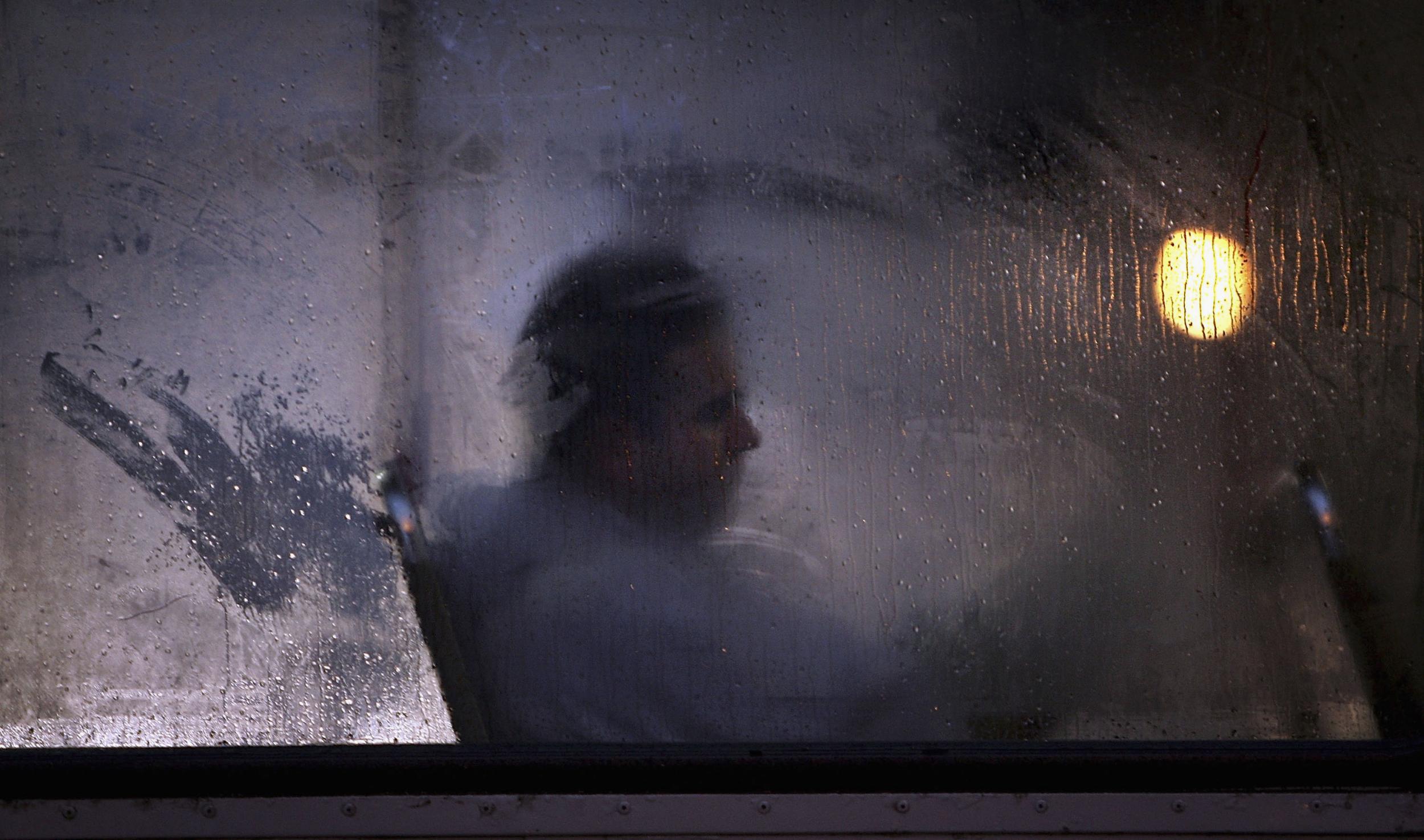As a Muslim, I wish people would stop telling me that I can just ‘pray away’ my mental health problems
I’ve lost count throughout my life how many times I’ve been told that any doubts and difficulties I encounter are due to a weakness in my faith


“But why don’t you just pray?”
There isn’t a problem in the world for your typical South Asian Muslim family that cannot be cured by the power of prayer. Growing up as a working-class British Bangladeshi in London has its innumerable challenges, and the one thing I have been told throughout my life is that praying fixes anything. It fixes the bullying, dealing with the unpaid internship, coping with grief. It’s often the default answer every time mental health crops up within the South Asian community.
This is because talking about it isn’t really an option. In a time when wider society is realising the urgent attention mental illness needs, it remains difficult for South Asians to deal with it in their own communities. The Time To Change campaign in 2010 conducted research looking at the experiences of South Asians living in Harrow. What they found was that a combination of fear, shame, ignorance, family pressure, social conformity and marriage prospects hugely affected mental health and prevented a discussion from taking place within the community.
Family pride and honour hangs like a black cloud over many of us. Sometimes these expectations, products of family and cultural demands, can feel irritating, at best. It’s about going to the best university and being encouraged to marry early because you need to be better than your cousins.
At worst, it can feel like drowning under constant waves. Obstacles that appear in life are dismissed as simply "tests from God” rather than anything concretely worrying. I’ve lost count throughout my life how many times I’ve been told that any doubts and difficulties I encounter are due to a weakness in my faith.
As a young British Asian Muslim struggling with all sorts of things, it’s one of the worst responses to hear, something that compounds your sense of desolation and worse: creates a feeling of guilt for having these doubts. What happens when faith doesn’t cure the feeling of emptiness? Does that mean God hates you? That you’re not praying properly? The standard answer to your doubts simply leaves you with more of them.
Many people see mental health problems as something that could bring shame to the family. Not many things – if any – trump family honour in my community, so there is a hesitancy to talk about being anxious and depressed because of the reaction you might get.
When I was dealing with mental health issues there was nothing but a choking sense of alienation from people, a confusion as to why I felt like this, and not knowing where to turn. Faith stopped providing the answers, and that scared me. Bringing it up with my relatively liberal family scared me further. All that happened was that instead I stopped looking for help, afraid any answer I found would just deepen the sense of self-loathing and guilt. For months I felt nothing but worthlessness, gloominess and a sense of resignation.
It’s worse for others because cultural dogma means there’s family pride to uphold and you can’t talk to them about it if they’re a part of the reason for it. No one wants to bring shame or disappoint their parents, to be the black sheep in the family. Weaknesses and struggles with faith are not mentioned because no one wants to be told that the devil is possessing them or that they are a terrible Muslim. Being told you’re a terrible Muslim and mental illness is your punishment is a terrible feeling.
These issues tend to affect South Asian women even more. A study by the Black Spaces Project followed 10 women and found that their mental distress arose, among many other reasons, from the abnormally suffocating cultural expectations due to their gender. They are often shamed into silence and submission because in the more regressive parts of the culture women are seen as belonging to the family, and mental illness is a weakness that lowers their marriage prospects.
Though religion and culture do intersect here, this owes more to culture than Islam in itself – South Asians affected by mental health stigma include Hindus or Sikhs.
Things are improving though. The research by Time To Change revealed that there’s been a shift in younger generations, who are more willing to talk about mental health issues. But older generations are more impermeable in their beliefs, and maintain that mental health issues are down to laziness, weakness of character and shortage of faith.
There is so much more to do in convincing the community that talking about these issues is a sign of strength, rather than a stain on the family or cultural pride. If anything, we should be ashamed of our prejudices and closed-mindedness, not of our struggles with mental health.



Join our commenting forum
Join thought-provoking conversations, follow other Independent readers and see their replies